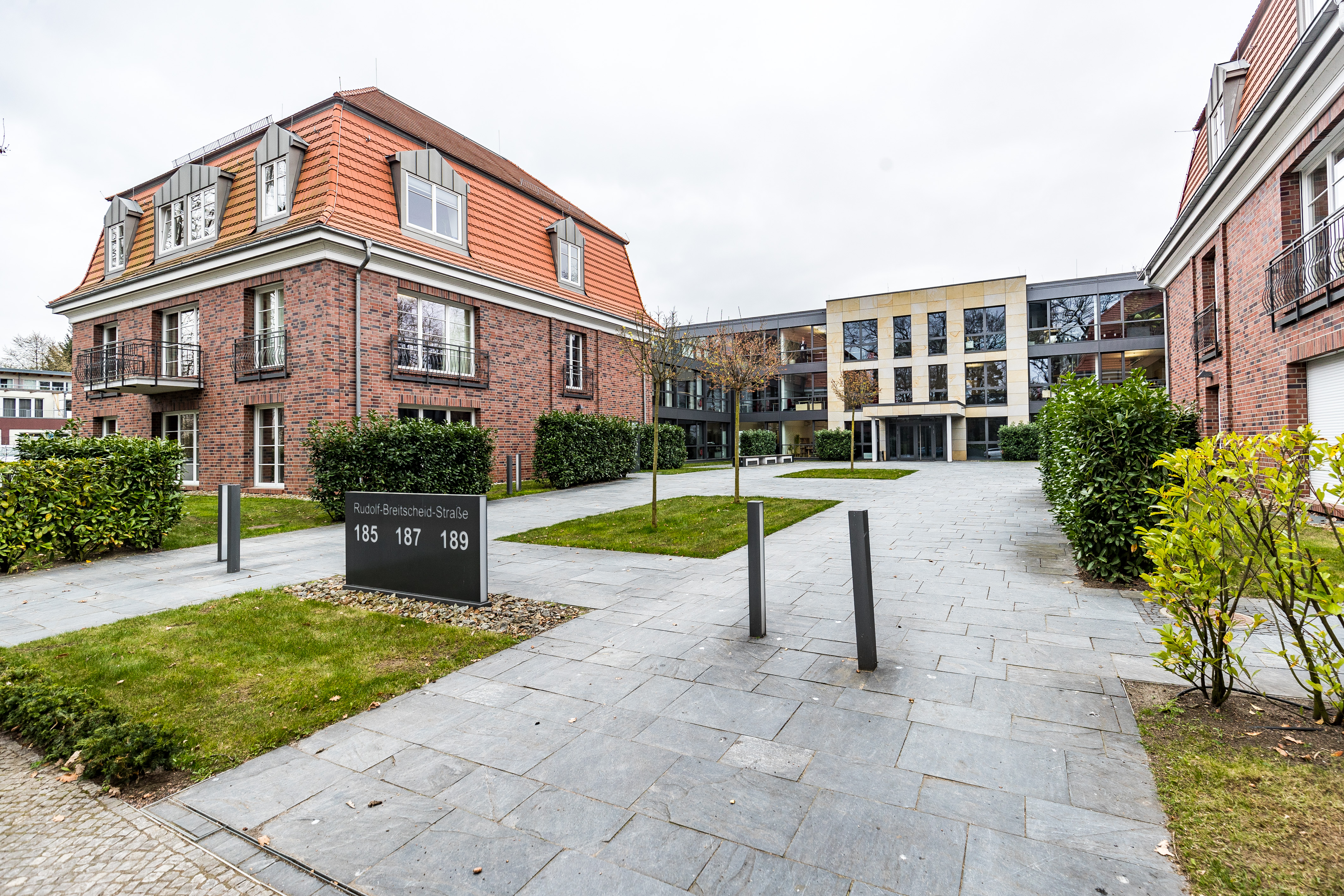Dr. Oscar Mayora, PhD, of Fondazione Bruno Kessler, spoke in his presentation about a “mismatch between how the health system is moving and how technology and innovation is moving… Now we are in a moment of disruption…It`s like a tsunami of technology coming that is really taking over in a way we have never seen before.” New devices are coming out every day and becoming assets for better healthcare. Instead of looking at new research trends in isolation, we “need to consider how they actually become integrated into the health system.”
Using several sample countries, Dr. Justin Whatling from Cerner Corporation described the challenges faced by their healthcare sectors. “A lot of systems are trying to find new ways to deliver health and care,” he said and emphasized that we need a holistic approach within geographical areas. He stressed the need to sort out the data and bring it together, while at the same time warning that caution is necessary “to keep from becoming our own silos of data.”
National and Regional Initiatives in Health Informatics
Moderator Professor Gernot Marx, from the Uniklinik RWTH Aachen, emphasized the importance of all regional digital initiatives. As a doctor, he cannot wait to see these implemented and to witness the life-saving promise of AI. Dr. Roland Eils from BIH/Charité shared insights into the large German Medical Informatics Initiative. It started with a conception phase in 2016, which aimed to give doctors, patients and researchers access to all the information they require to do their best possible job. At the same time, it made patients the focus by allowing individuals to maintain control over their personal data. Professor Andrew Boulle from the University of Cape Town shed light on the very different situation in South Africa where – as in most developing countries – medical records are still kept mostly on paper. Boulle spoke about the challenges to build up a health exchange/data center under these circumstances. Professor Keith McNeil from the Queensland Department of Health gave insight into the status quo of digital health in Australia, a country that has a good and efficient health system, scores well in rankings and deals with change in a comparatively easy way. McNeil is currently running a program in Queensland to accelerate the adoption of clinical genomics – a collaboration between research and health. Professor Hans Lehrach of the Max Planck Institute for Molecular Genetics is also the coordinator of the DigiTwins consortium. This personalized medicine initiative holds that accurate computer models of our key biological processes will keep us healthy and prevent disease.
Personalized Medicine
After several “lunch breakouts,” HPI Professor Erwin Böttinger chaired a plenary session on personalized medicine. Böttinger is convinced that “the way to personalize medicine is through digital health solutions.” The first input then came from Professor Joel Dudley from the Icahn School of Medicine at Mount Sinai, PhD. Dudley presented the pilot project Lab100 for Next Generation Healthcare, a stunninge example of Mount Sinai’s goal to move from building traditional hospitals to smart digital clinics. Professor Andres Metspalu, from the Estonian Genome Center University of Tartu in Estonia, PhD, presented a fascinating look at the Estonian Biobank, a volunteer-based platform with genomic data, which is open to everyone for research, and already includes 5% of the adult population of Estonia. Dr. Werner Eberhardt, global head of SAP Health, concluded the session with the statement that the highest priority was to keep patients engaged to secure effectiveness in developing a platform for precision health.
Rising Stars in the Digital Health Community
In the next session, the conference presented rising stars in the digital health community. Professor Petra Ritter, Charité/Berlin Institute of Health, started with an introduction of the project virtual brain, a full-brain simulator. Next on stage was Lee Stopak from Ada Health, a healthcare application that has already won numerous prizes, such as the Health-i Award. He explained how the Ada health approach works and why we all need artificial intelligence and genomics. Hanna Drimalla, a researcher at HPI, concluded the session with insights into the project ForMe, a forecasting tool for mental earthquakes that uses “digital help to detect the signs of stress.”
Machine Learning and Artificial Intelligence for Health
The first HPI Digital Health Forum ended with an input session on Machine Learning and Artificial Intelligence for Health. Prof. Christoph Lippert, head of the research group Digital Health—Machine Learning at HPI, chaired the session. Lippert described the new artificial intelligence revolution today as it involves machine learning and deep learning technologies. First on stage to speak about the topic was Yan Beynon from Siemens Healthineers, who pointed out the strides made in precision due to the use of AI. The exponential increase of medical data and the substantial progress in digital technology will fundamentally change the way we deliver care and bring personalization to medicine. The next speaker was Dr. Spiros Denaxas from the University College London, PhD. He talked about machine learning in connection with health issues and how electronic health records are used for disease diagnosis. To conclude the session, Dr. Emily Wong from the African Health Research Institute in South Africa talked about the new project Vukuzazi, which aims to define precise human phenotypes and to combine them with scientific approaches such as genomics, population science, etc. The goal is the establishment of a population-based platform for local and global health questions.

